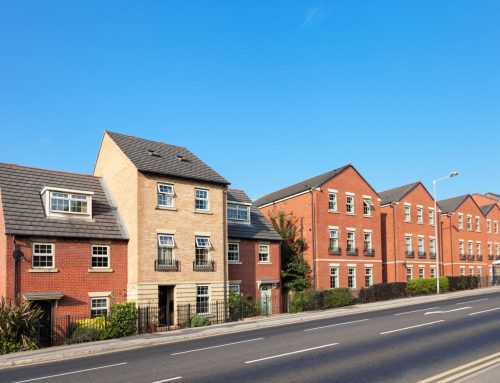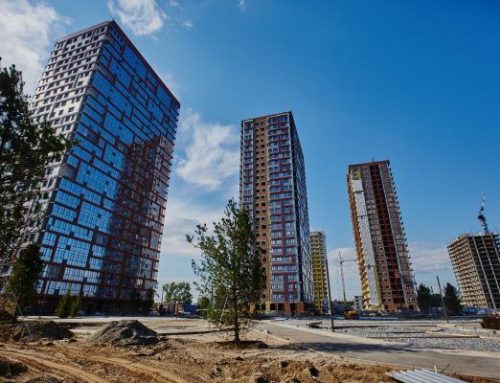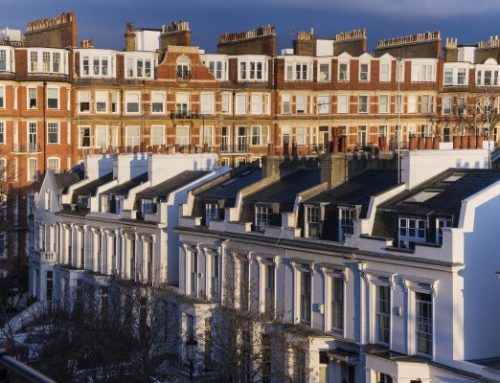UK House Prices Rise according to latest data from the Office for National Statistics & UK Land Registry. And house prices are likely to continue to rise long term due to the insufficient housing stock. The UK missed house building targets by 1.2m since 2004, according to Yorkshire Building Society.
UK House Prices Rise
According to reports published by the new UK house price index, which is now replacing the previous house market indicies published by the Office of National Statistics and the Land Registry, stated UK House Prices rose 8.1 per cent from May year on year, with a monthly growth of 1.1 per cent recorded since April. It also reported that the average house price was now as £211,230 in May, which is £16,000 more than last year. The UK was the main contributor to house price growth reporting a 8.9 per cent rise over the period. The average house price in England now standing at £227,000 according to latest figures. In Scotland, the average house price grew 4 per cent, with the average house price at £141,000. In Wales saw an increase over the same period of 3.6 per cent, with the average house price. £143,000. And in Northern Ireland 4 per cent growth in house prices was recorded and the average house price was £118,000. London still has the highest average house price at £472,000. Despite the UK vote to leave the EU which stirred short-term uncertainty, among those looking to buy property in the UK, chief economist at Yorkshire building society, Andrew McPhillips, believes UK House Prices Rising will continue, and suggest that prices will “inevitably rise” in the mid and long term due to a shortage in supply. A new report from the House of Lords Economic Affairs Committee, reported that less than half the estimated 300,000 new homes a year needed to meet existing demand for housing in the UK are currently being built. The UK have consistently been missing the level of housebuilding, which is driving prices upwards. Knowing that this shortfall can’t be met in a short time frame investors are buying property with a degree of certainty that prices will rise long term. Figures from the Yorkshire Building Society showed that the UK has missed housebuilding targets by a staggering 1,199,180 since 2004. Andrew McPhillips, Chief Economist at Yorkshire Building Society, explained: “The longer we leave supply to worsen, the more difficult it will be to resolve. The UK has failed to build the number of homes needed to meet demand year after year, which has consequently inflated prices.” With property development well below the required number to meet current demand in the UK, property prices will inevitably rise in the medium to long term. Investors looking to invest in the UK property market should be wise to this. There may be a knock on effect short term due to the EU referendum and political changes causing uncertainty, but this would be a short term dip as the underlying fundamentals of the market remain the same Read More: ‘Brexit’ Effects on UK Property Market








